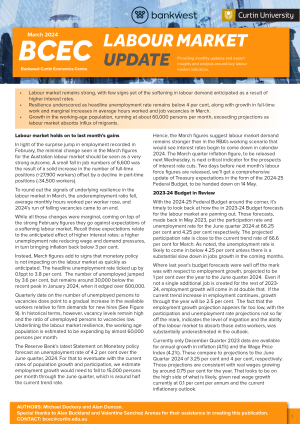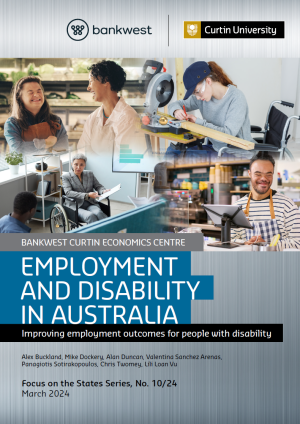Asset poverty, precarious housing and ontological security in older age: an Australian case study
Over two-thirds of Australians are owner-occupiers and a majority of the population holds most of their wealth in housing. Australian taxation privileges homeowners and retirement income policy is built around the assumption that state pensions can be kept low because an overwhelming majority of older Australians are outright homeowners and therefore have a considerable asset base and low housing costs post-retirement, a situation often referred to as ‘wealthfare’. However, ageing of the population and falling housing affordability mean that the number of asset-poor older Australians unable to rely on ‘wealthfare’ – lifetime renters or those who drop out of homeownership – is likely to grow in the future. In this paper we look at housing career pathways into precarious housing in older age, its impact on older Australians’ ontological security and coping strategies as they grapple with the housing circumstances that typically accompany asset poverty. Based on 30 interviews conducted with older Australians, the paper reports qualitative findings from a mixed methods research project conducted in Melbourne in 2009–2010.





